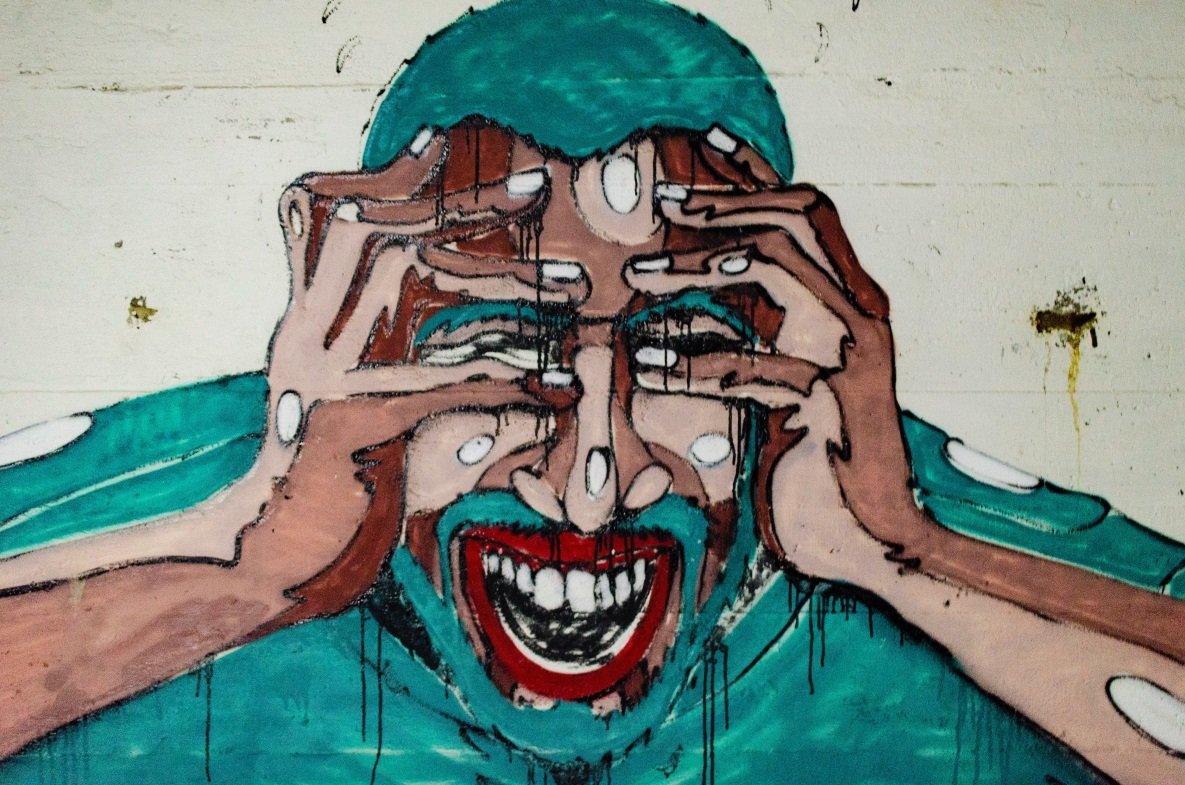It’s #MigraineWeek this week and if you have ever experienced a migraine, your blood vessels are probably constricting already. This blogger didn’t experience a migraine until well into adulthood and thought they might be the stuff of legends, that is until she had one.
Migraines affects 1 in every 7 adults globally, according to the World Health Organization and 85 percent of sufferers are female according to the Migraine Research Foundation.
What is a migraine?
According to the NHS, the exact cause of migraines is unknown, but they’re thought to be the result of abnormal brain activity temporarily affecting nerve signals, chemicals and blood vessels in the brain. There is evidence that fluctuations in oestrogen levels can be a migraine trigger, which would explain in part why more women than men experience this condition, however there are a number of other factors that can trigger those more prone to this condition.
What triggers migraines?
There are a number of triggers, including emotional: stress, shock and depression amongst others; physical: poor posture or neck and shoulder tension; dietary: such as dehydration, caffeine and some specific foods such as chocolate and citrus fruit and finally environmental: flickering screens, bright lights or loud noises.
Can they be cured?
Although there currently isn’t a cure for migraines, there is medication available that can help reduce the severity and propensity of these attacks.
Does drinking water more really help?
Absolutely. Considering that our physical make-up is around 70% water, it’s clear that our bodies need the hydration in order to function properly and our brain is no exception. In a previous blog we’ve referred to the importance of keeping our brain adequately hydrated.
What else can you do to reduce migraines?
As much as we all enjoy our caffeine intake, too much coffee, tea or high caffeine content drinks can have an adverse effect on our central nervous system, so if you are prone to migraines, it might be an idea to reduce the amount of caffeine drinks and replace these with water.
Drinking water more may not solve your experiencing migraines, but it can certainly help reduce the frequency.
If there is a shortage of drinking water stations at your premises – contact us at AquAid. We will always give you the best advice about which water cooler is the right fit for your premises, whether at home, work or at school.

